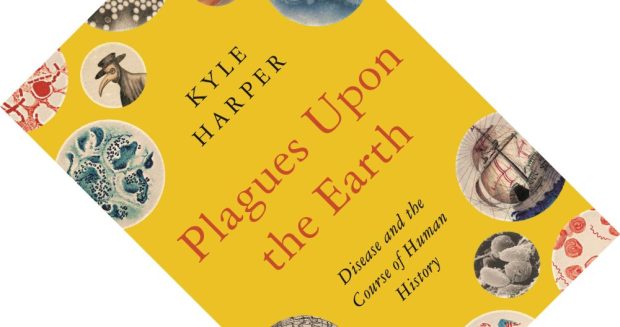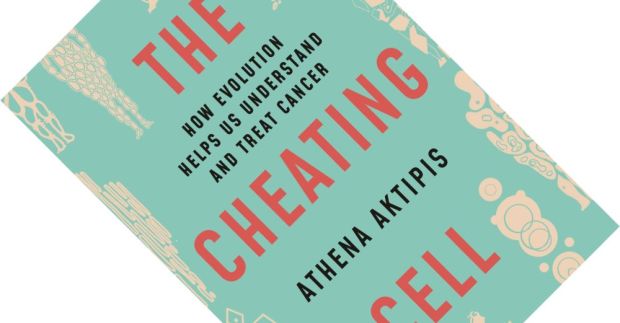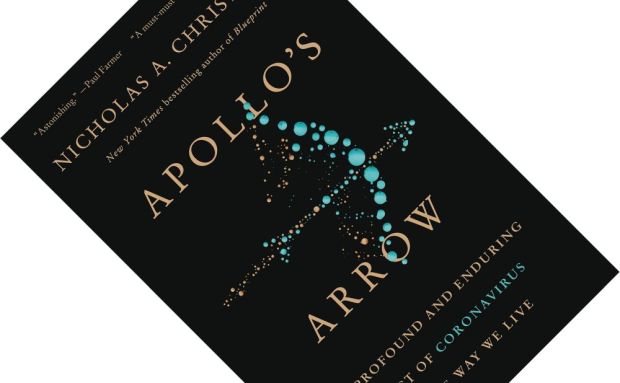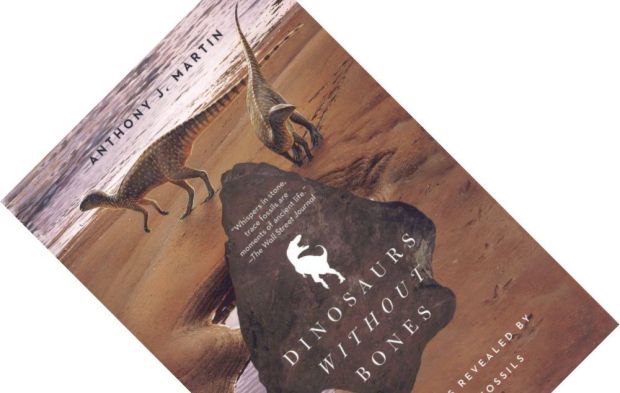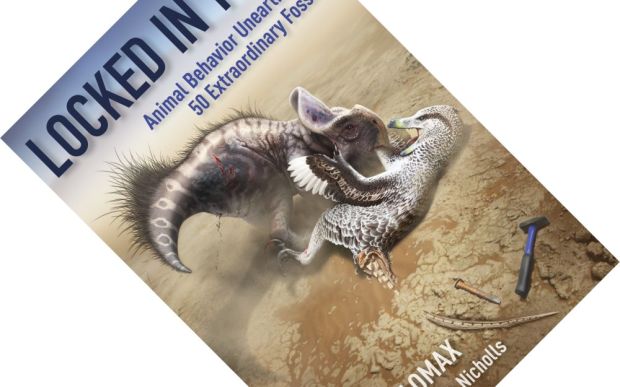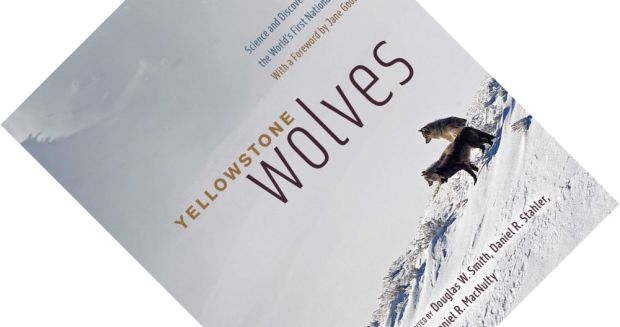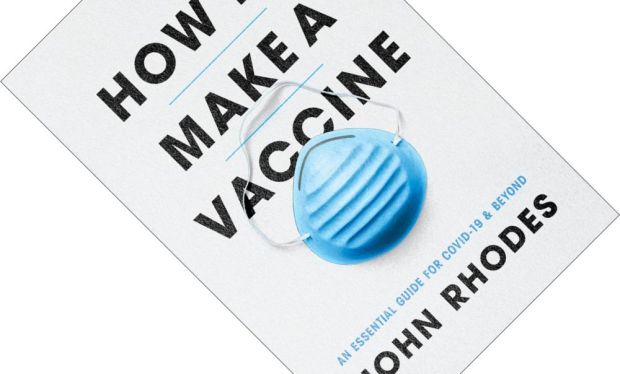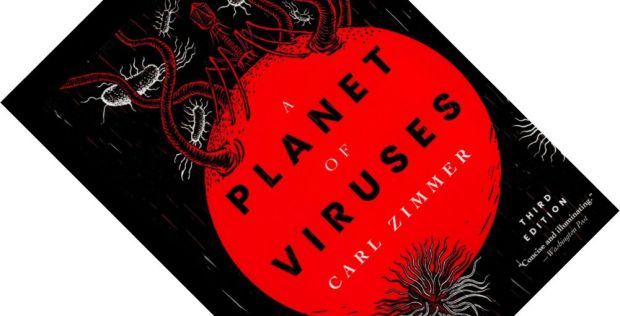7-minute read
keywords: environmental history, epidemiology, microbiology
It might sound crass to write that the COVID-19 pandemic is just the latest in a long line of infectious disease outbreaks, but a little perspective helps. Historian Kyle Harper previously impressed me with his study on the role of climate and disease in the decline of the Roman Empire. In Plagues Upon the Earth, he offers a global, multidisciplinary environmental history of infectious disease, showing that it is a force that has both shaped and been shaped by human history. This magnificent book stood out as much for its nuance and academic rigour as it did for its readability.

